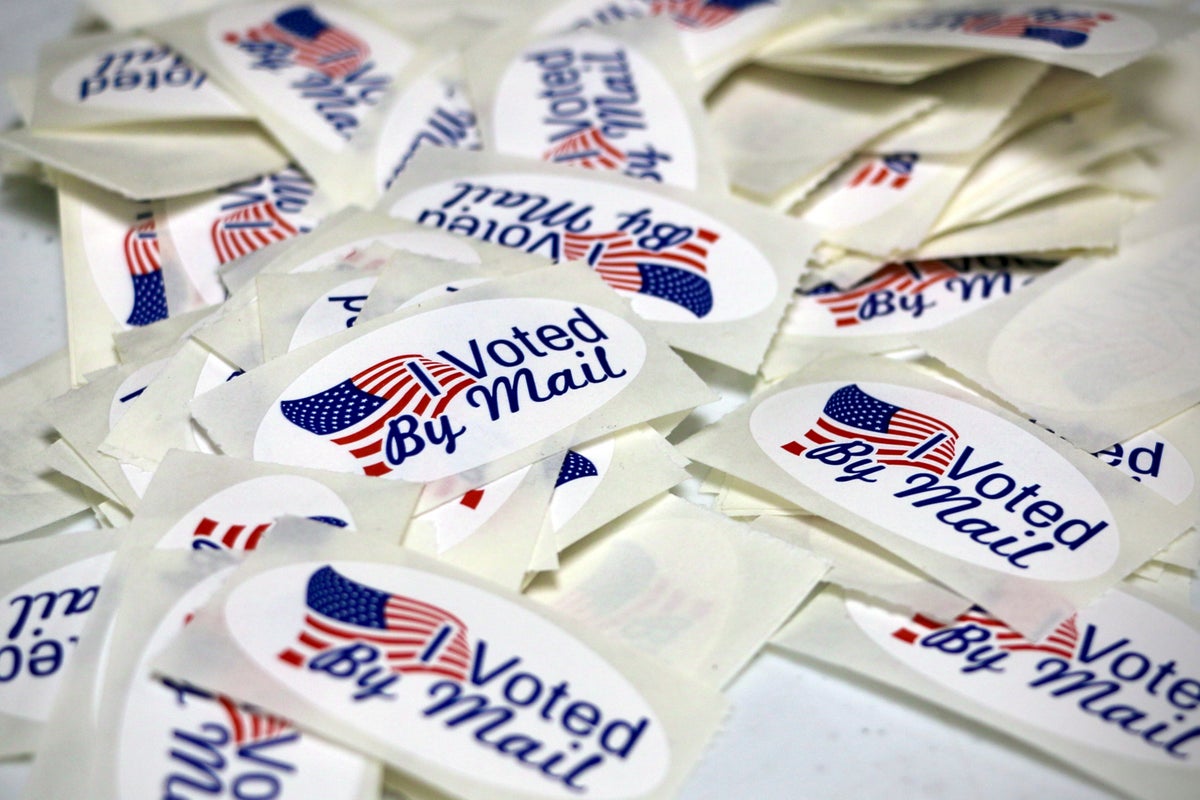
One week before North Carolina election officials begin processing by-mail ballots in the closely watched Southern swing state, the GOP is pursuing its latest legal challenge to the electoral procedures established by the Democrat-led State Board of Elections.
The North Carolina Republican Party filed two motions in Wake County Superior Court this week, asking the court to block the board from enforcing its prohibition of county election officials scrutinizing signatures on absentee voting documents.
The legal challenge follows the state board's July rejection of a Republican Party request to authorize county officials to compare signatures on absentee ballot request forms and container envelopes with the signatures included in voter registration records. Citing concerns that the proposal would create unequal voting access, the board denied the request in a 3-2 party-line vote, with three Democrats voting against signature checks and two Republicans voting in favor.
“Why the Board of Elections continues to undermine the integrity of our elections is inexplicable,” North Carolina GOP Chairman Michael Whatley said. “The NCGOP is pursuing this lawsuit to ensure our elections remain secure and free from doubt.”
The board argues in its declaratory ruling that state law does not explicitly outline authority for signature matching and that “the power to fashion new hurdles” should not be inferred.
The GOP motions, one for a temporary restraining order and another for a preliminary injunction on the board's signature check ruling, mark Republicans' latest attempts to mold election laws to their liking in a state that could shift the political balance locally and nationwide. Other open legal challenges by the party seek to remove restrictions on party-appointed poll watchers and tighten the absentee voting deadline.
North Carolina is voting this fall on its entire Legislature, two state supreme court races, all 14 U.S. House seats and a tight U.S. Senate contest — one of a handful that could determine which party assumes control of the narrowly divided chamber.
Republican state lawmakers, meanwhile, are targeting suburban battleground districts where they hope to pick up the few seats they need for veto-proof margins in the General Assembly. Democrats warn a Republican supermajority would open the floodgates for a slew of conservative policies, including stricter abortion limits, and leave Democratic Gov. Roy Cooper without power to intervene.
Anticipating several close races in November, both major parties spent the summer challenging election laws in court.
Democrats came under fire earlier this year for their bareknuckle efforts to block the Green Party from fielding a U.S. Senate candidate on the North Carolina ballot, warning that the party's presence could divide progressive voters and allow a GOP victory. A federal court ultimately denied Democrats’ last-ditch legal efforts in August, rejecting their request to block a lower court order prohibiting the state elections board from enforcing a candidate filing deadline.
And Republicans are continuing to fight the state board's written guidance recommending a four-hour, one observer limit for at-large poll watchers during the general election.
The state board had unanimously passed two temporary rule changes in August, prohibiting poll watchers from standing too close to voting machines where they could view marked ballots and granting elections officials greater authority to remove disruptive observers. But after the state's Republican-appointed rules review panel shot down the proposed changes, the state board declined to appeal the decision, instead issuing revised guidance to county officials that Republicans are now challenging in court.
The party filed a preliminary injunction in Wake County Superior Court on Sept. 16, arguing that the guidance exceeds the board's statutory authority. It also refutes the board's extension of the absentee by-mail deadline to Nov. 14 to account for Veterans Day.







